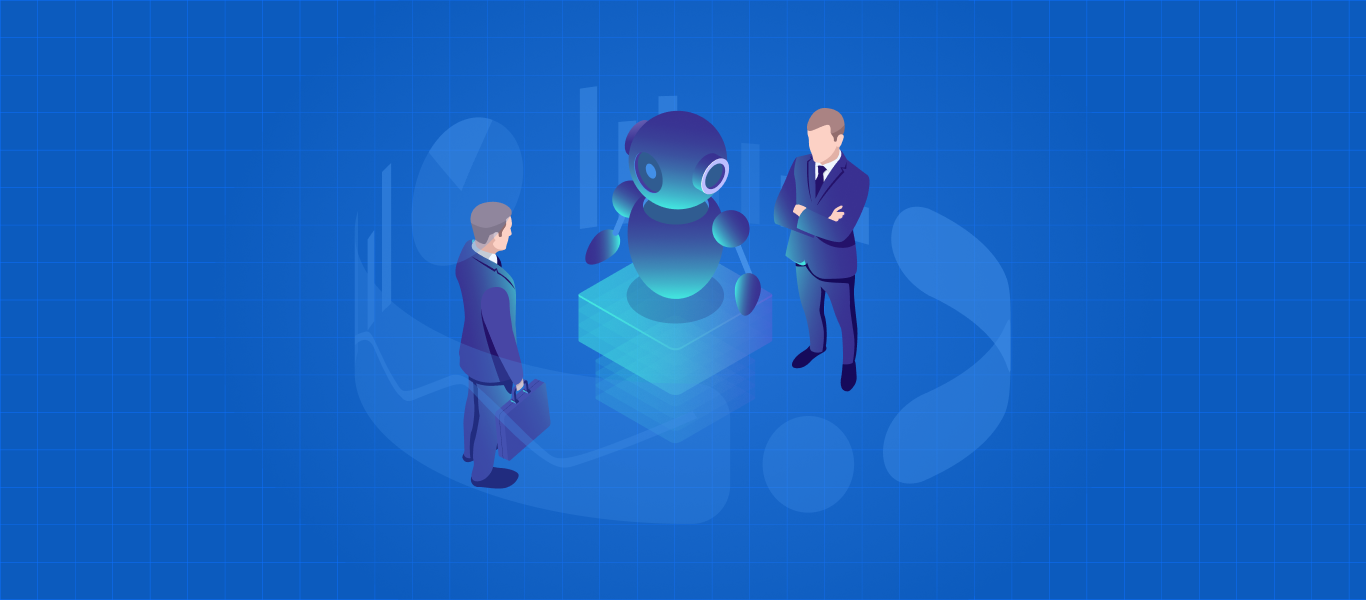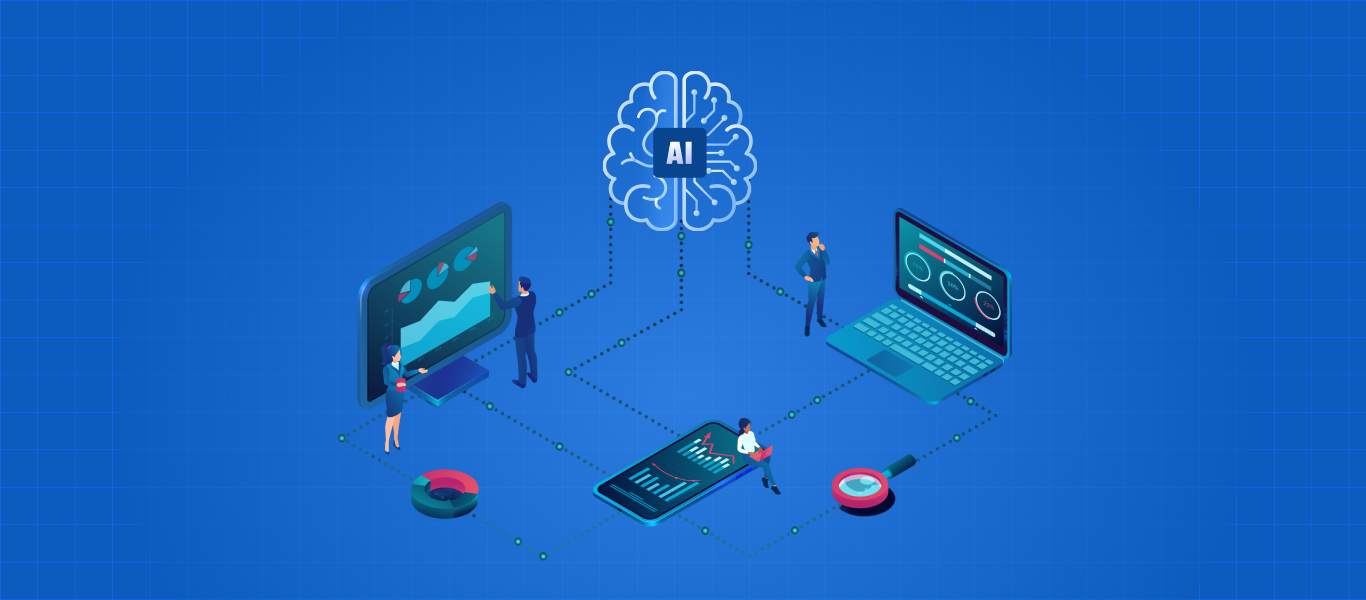Intoduction
As leaders in technology, we’re all living in one of the most exciting times in history. The generative AI wave, particularly the rise of Agentic AI, is opening doors we once only dreamed of. These AI agents—smart, autonomous systems that can understand requests and take action across multiple applications—promise to revolutionize how our businesses operate.
The temptation to dive in headfirst is immense. Tech giants are rolling out powerful tools like Microsoft’s Copilot Studio and a host of large language models (LLMs). Many of these are low-cost or bundled into existing licenses, and they offer “studios” for your teams to get their hands dirty.
If you have a strong in-house engineering team, the thought process is natural: “We can build this ourselves. It will be faster, cheaper, and perfectly tailored to our needs. Plus, we’ll build our internal AI expertise.”
It’s a compelling vision. But is it the right one for delivering on the enormous promise of agentic AI for your employees?
The Reality of Building Enterprise-Grade AI Agents

Building a simple proof-of-concept chatbot in a studio environment is one thing. Building a robust, secure, and scalable Agentic AI that can resolve complex employee issues across your entire enterprise is another challenge entirely.
What we’re seeing on the ground tells a sobering story. To properly build a cross-application AI agent that can, for instance, diagnose a VPN issue, check a payroll discrepancy, and approve an invoice, you need a symphony of specialists. This isn’t a job for a handful of developers; it requires a dedicated, cross-functional team of your most sought-after talent:
- DevOps Engineers
- Machine Learning Engineers
- Security Specialists
- Integration Engineers
- Data Scientists
- Quality Assurance Specialists
We’ve spoken with leaders at dozens of large companies. The pattern is consistent: 95% of them have spent an average of 18 months attempting to build their employee-facing AI agents. Yet, despite marshalling significant resources, fewer than 5% of those DIY projects have ever been deployed for employees to use. The path is far more challenging than it first appears.
A Sanity Check: Is Employee Support a Core Competency or a Utility?

Let’s take a step back and look at the problems we’re trying to solve. The highest return on investment for employee-facing, internal AI agents comes from automating high-volume, repetitive tasks that currently consume your teams.
- IT Support: Password resets, VPN troubleshooting, device diagnostics.
- HR Support: Questions about time off, benefits, payroll, and company policies.
- Finance Support: Requests for invoice status, generating reports, and accounts payable inquiries.
These use cases are incredibly important, but they are not unique to your business. Virtually all companies run and support similar internal use cases. The vast majority of large enterprises run on similar core systems—Workday, ServiceNow, SAP, Oracle, and Salesforce. This means the workflows for resolving these common employee requests are remarkably similar from one company to the next.
Serving these needs is “a utility”. And this brings us to a fundamental question: When does your company build its utilities?
Think about it. Would you task your top engineers with building an office productivity suite to compete with Microsoft 365 or Google Workspace? Would you build your internal collaboration tool instead of using Slack or Teams? Of course not.
In these utility spaces, we overwhelmingly choose to buy from vendors. We benefit from their singular focus, their ability to build world-class products, their commitment to maintenance and upgrades, and their dedication to staying on the cutting edge of the underlying technology.
Employee-facing Agentic AI is the new utility. It should be treated no differently.
The Strategic Cost of Misallocating Your Best Talent
Your engineering and AI experts are among your most valuable—and expensive—resources. Their time and talent are finite. The key to unlocking their true potential is to focus them on projects that create a unique competitive advantage in the marketplace.
Can you expect a high return on investment by tasking them with building an internal utility for handling HR policy questions—a utility that countless other companies also need in a very similar format? Or would their time be better spent developing a customer-facing AI feature that drives revenue and sets you apart from the competition?
The Solution: Focus on Your Competitive Edge, Buy Your Utilities

The path forward is clear and strategic.
IT leaders should direct their in-house AI talent toward customer-facing products and services. Let your best minds build the features that will win market share and delight your customers. This is how you build sustainable, in-house AI expertise that directly contributes to the bottom line and widens your competitive moat.
For internal, employee-facing support, you should partner with a specialized provider of Agentic AI utilities. Don’t build what you can buy. Choose an expert partner who lives and breathes this specific problem. They have already navigated the complexities of integration, security, and scalability. They offer a solution that can be deployed in weeks, not years, delivering immediate value and freeing your most strategic resources to focus on what matters most: winning in your market.
Building everything in-house is a tempting illusion of control. The reality is, strategic buying is what will give you the speed, efficiency, and focus to truly lead.
Conclusion: Take Control of Your Employee-Facing Agentic AI.

The agentic AI space is evolving at an unprecedented pace. To stay ahead of the curve and ensure that your agentic AI strategy delivers maximum value, you need to focus your engineering resources on the products and services you offer to customers. For employee-facing use cases, your best course of action is to buy from an experienced, focused partner.
By choosing Leena AI, you gain:
- Agility: A high number of out-of-the-box integrations and configurable Workflow Studio allow you to adapt quickly to changing business needs and technological advancements.
- Business Continuity: Our migration services and contract buyout option ensure a smooth transition, minimizing disruption to your operations.
- Future-Proofing: We are committed to staying at the forefront of agentic AI innovation, ensuring that you have access to the latest capabilities and technologies.
- Control: You retain control over your AI roadmap, rather than being subject to the decisions of other companies.
Don’t let your employee-facing AI agents become a bottleneck. Embrace the power of employee-facing Agentic AI with Leena AI and unlock the true potential of your workforce.
Frequently Asked Questions (FAQs)
- What if our company’s processes are too unique for a pre-built solution?
This is a common concern. While core workflows are similar, every company has unique policies and configurations. A leading “buy” solution won’t be a rigid, one-size-fits-all product. It will be an enterprise-grade platform designed for flexibility. It should connect to your specific systems (like ServiceNow or Workday) and be configured to follow your precise business rules, approval chains, and policies, giving you a tailored solution without the headache of building from scratch.
- Isn’t using a third-party vendor for an AI agent a security risk?
Enterprise security is paramount. Any credible vendor in this space must meet the highest security and compliance standards (like SOC 2 Type II, ISO 27001, and GDPR). In many cases, a specialized vendor whose entire business depends on security can offer a more robust and constantly monitored security posture than an internal project that has to compete for resources with other priorities. Always perform due diligence on a vendor’s security certifications and practices.
- If we buy a solution, will my team lose the opportunity to build critical AI skills?
Not at all—it simply focuses their skill development on more valuable areas. Instead of learning to build the plumbing of an AI utility, your team can focus on higher-level strategic skills: identifying high-ROI use cases for AI, managing AI product implementation, and, most importantly, building customer-facing AI that directly impacts your business. They will be building expertise that differentiates you, not what commoditizes you.
- What is the realistic implementation timeline for a “buy” solution compared to building it?
While a DIY project can take 18 months or more with a low chance of success, a specialized agentic AI solution is designed for rapid deployment. Because the core platform, integrations, and security frameworks are pre-built, implementation typically takes a matter of weeks, not years. The process usually involves connecting to your systems via secure APIs, configuring your specific workflows, and a brief period of testing before going live.
- How do these purchased AI agents integrate with our existing enterprise systems?
Seamless integration is a core feature of any effective “buy” solution. These platforms are built with pre-existing, robust connectors for the most common enterprise applications in IT, HR, and Finance (e.g., ServiceNow, Workday, SAP, Salesforce). This means the AI agent can securely access information and trigger actions within the systems you already use, acting as an intelligent layer on top of your existing tech stack rather than requiring you to replace anything.






